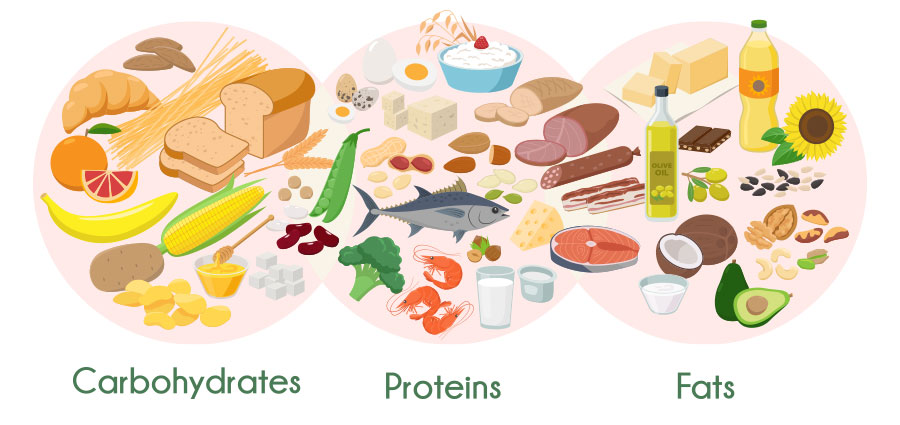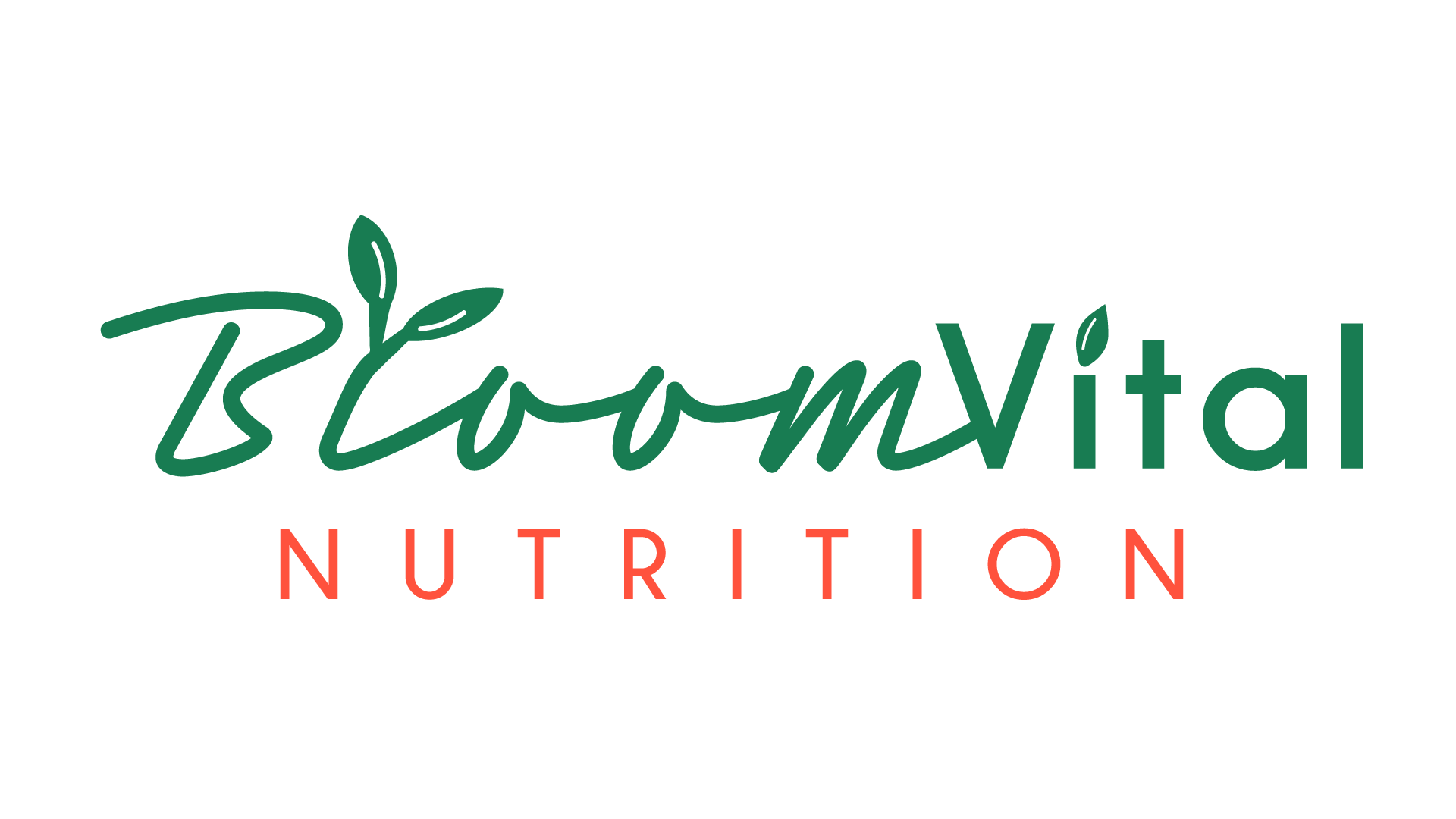What are Macronutrients and Why are they so important?

Macronutrients also referred to as “macros” are nutrients your body needs in large quantities to function. The macronutrients include carbohydrates, protein, and fats.
- Carbohydrates contain 4 kcal per gram
- Proteins contain 4 kcal per gram
- Fats contain 9 kcal per gram
These macronutrients have a specific role that they play in your body to make it function properly.
Carbohydrates
Carbohydrates are the main source your body uses for energy. All carbohydrates, no matter the type, will eventually break down into glucose. Glucose is needed in large organs, such as your brain to function. Not all carbohydrates are created equally. There are complex carbohydrates and simple carbohydrates. Complex carbohydrates include: rice, pasta, bread, and starchy vegetables (potatoes, peas, corn) and plant based foods such as non-starchy vegetables (beans, nuts, and seeds). These food items take more for your body to break down into glucose. Simple carbohydrates include: honey, table sugar, syrup, agave nectar, molasses, milk/yogurt, and fruit. No I am not saying fruit is bad for you. Fruit is made up of fructose, which is a naturally occurring sugar. Fruit also contains micronutrients and phytochemicals which have positive effects on health.
Proteins
Proteins are composed of amino acids which allow your body to grow, build, and repair tissue. There are two types of amino acids essential and non-essential amino acids.
Essential amino acids: required ro be consumed through your diet
Non-essential amino acids: not required to be consumed through your diet (your body can make these).
Some examples of protein-rich foods include: meat, poultry, fish, eggs, and animal by-products. If you do not consume animal products you can still get adequate protein from beans, lentils, nuts, seeds, and soy.
Fats
Fats get a bad reputation because individuals assume that fats make you fat! Good, healthy fats are instrumental for a healthy diet. Of course there are bad fats, these include: trans fat (should always be avoided) and saturated fat (should be limited) Unsaturated fat (known as the healthy fat) can be consumed in small amounts when cooking and eating. These often come in a liquid form such as canola oil, olive oil, and safflower oil.
You can track your macronutrients using the MyFitnessPal app found in the app store.
What to read more? Check out this great article – https://www.cedars-sinai.org/blog/what-are-macronutrients.html
